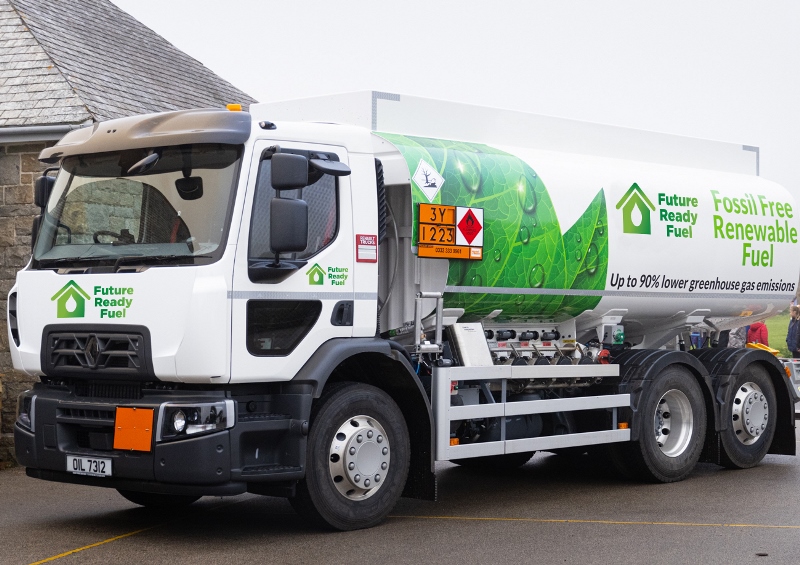
Malcolm Farrow, Head of Public Affairs at OFTEC, says the government’s latest energy department faces the same old challenges.
Following a cabinet reshuffle earlier in the year, a new Department focussed on Energy Security and Net Zero (DESNZ) has been created to breathe fresh life into the government’s green agenda. The reality is, however, that the existing challenges to delivering low carbon heating across the country remain in an increasingly complex political and economic landscape. That’s why a broader rethink is needed to achieve the UK’s net zero ambitions.
In 2017 the government published its Clean Growth Strategy which set out the foundations to phase out fossil fuel heating in favour of heat pumps. But no one could have predicted the seismic changes that would come down the track, from the pandemic, spiralling energy bills to a cost of living crisis. It’s perhaps not surprising that it’s been difficult to make significant headway, with annual heat pump installation targets being missed.
Today, the central message from the government, echoed by the opposition parties, is the need to deliver growth in the economy and reduce debt – these form two of the five promises outlined by the Prime Minister. This is not just an economic necessity but a political one two with a general election on the horizon. One of the central objectives of DESNZ is also to ‘bring down bills’ in recognition of the significant impact rising prices have had on homes and businesses across the country.
It’s sometimes suggested that delivering growth and reducing bills is incompatible or in conflict with transitioning to greener forms of energy but this isn’t the case. The two can work hand in hand, but only if the government rethinks its current low carbon approach.
In its Heat and Buildings Strategy, the government proposed banning the installation of replacement fossil fuel boilers in domestic properties and smaller commercial premises off the gas grid by 2026. The same applies to larger businesses but with a shorter deadline of 2024. In most cases properties will be expected to switch to a heat pump. But with such a tight timeframe the UK will likely still be in – or feeling the after effects of – the cost of living crisis. This means net zero policies must be aligned with the current economic landscape – we can’t continue on the existing course and hope the economy is in a better place.
Core principles
What does this mean practically? To succeed, decarbonisation policy must focus on achieving two core principles: a rapid transition to low carbon heating in an affordable way. Up until now, the discussion has been on committing to a technology (heat pumps) and trying to make them work in the current economic and social landscape. This approach needs adapting to focus on the above outcomes and determining the best technologies to achieve this.
That’s why we strongly believe in a technology neutral approach. Heat pumps have an important role to play and OFTEC registered technicians are already completing our training courses and installing the systems in suitable properties. However, we recognise that not all homes and businesses are the same – particularly off-grid. Older housing stock often requires extensive renovations from new radiators, the reintroduction of a hot water tank, changes to pipe work, or other energy efficiency measures for heat pumps to work efficiently. For some homes, the government’s calculator estimates the cost could exceed £20,000. This clearly isn’t viable. That’s why we need a multi-faced approach.
Renewable Liquid Fuels
Renewable Liquid Fuels such as Hydrotreated Vegetable Oil (HVO) provide a realistic alternative solution for oil heated buildings that are ill-suited for a heat pump. With a minimal transition cost and a hassle free conversion process, emissions can immediately be reduced by 88%. Just under 150 properties have switched from kerosene to HVO as part of a demonstration project which has been a complete success, with high levels of support from participants. We now just need the backing of government to create a competitive market for HVO.
2023 is a hugely significant year when the right decisions have to be made, as we head towards the first 2024 deadline in the Heat and Buildings Strategy, and we enter the next general election window. We can have the best of both worlds: delivering net zero and stimulating economic growth by not pushing households into further financial hardship. But to achieve this we must be honest, recognise the challenges we face and adjust course.













